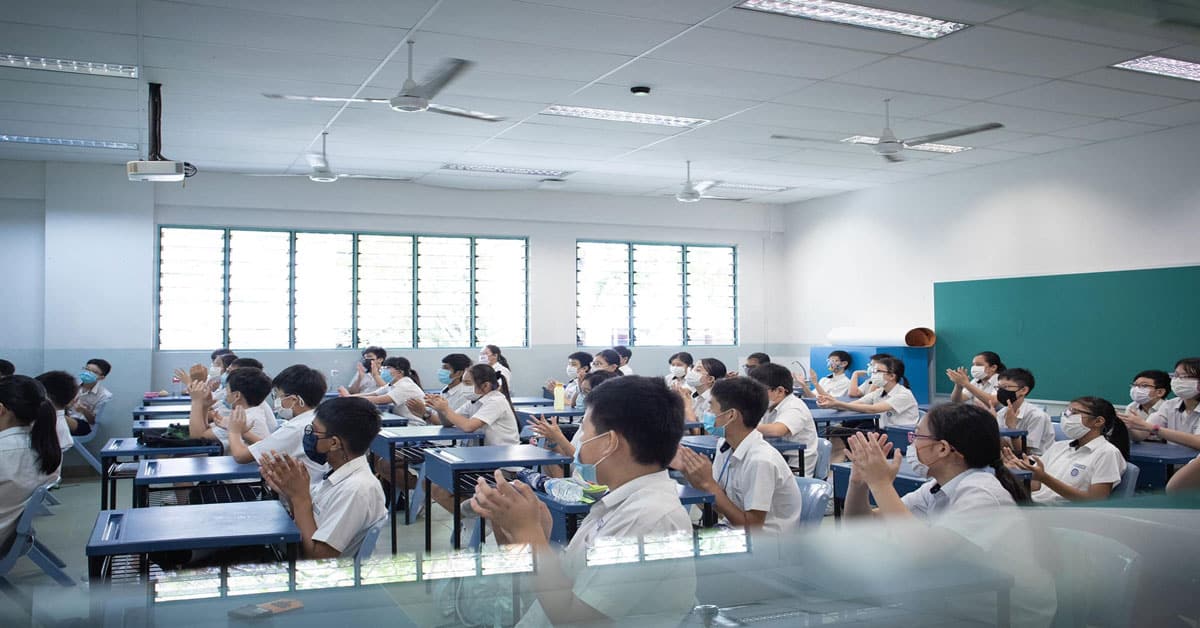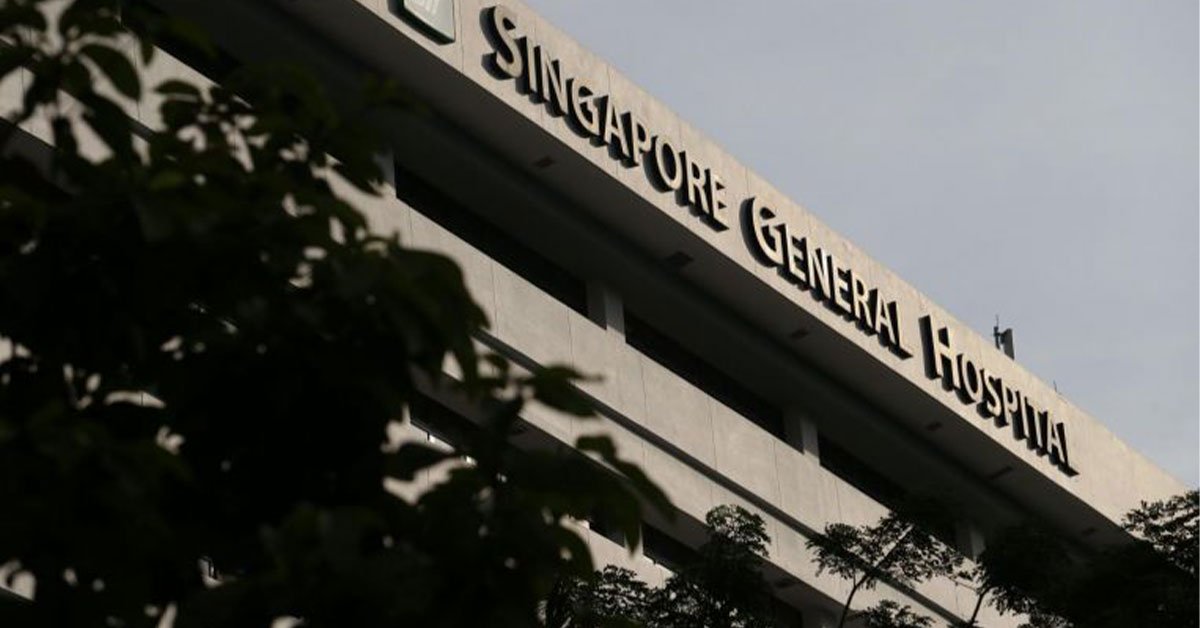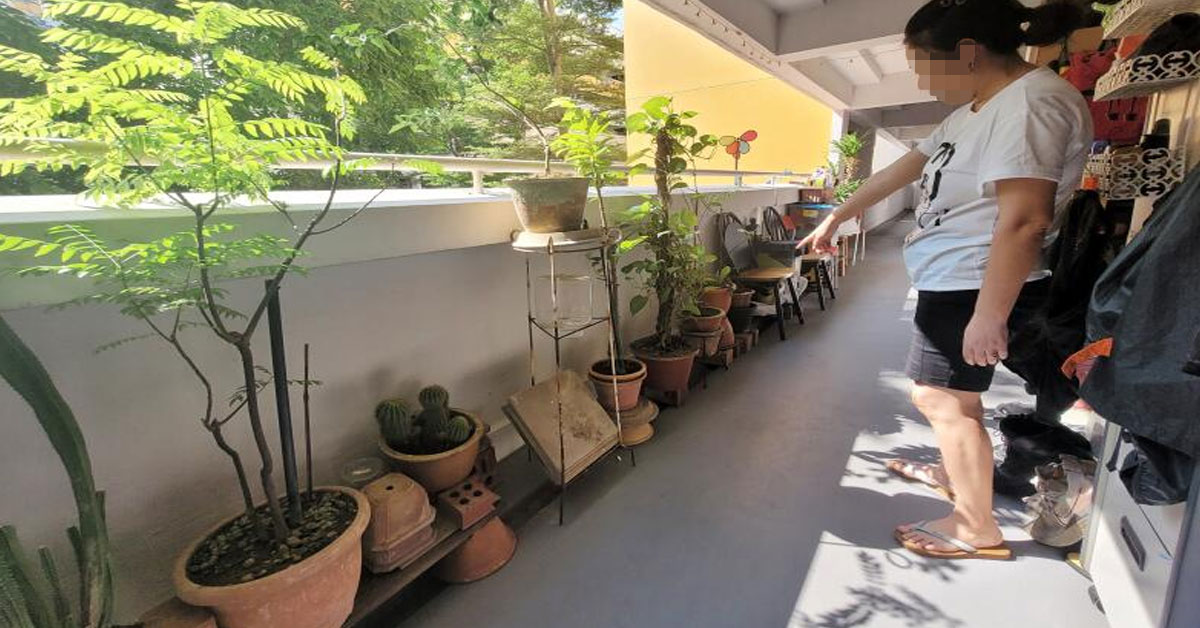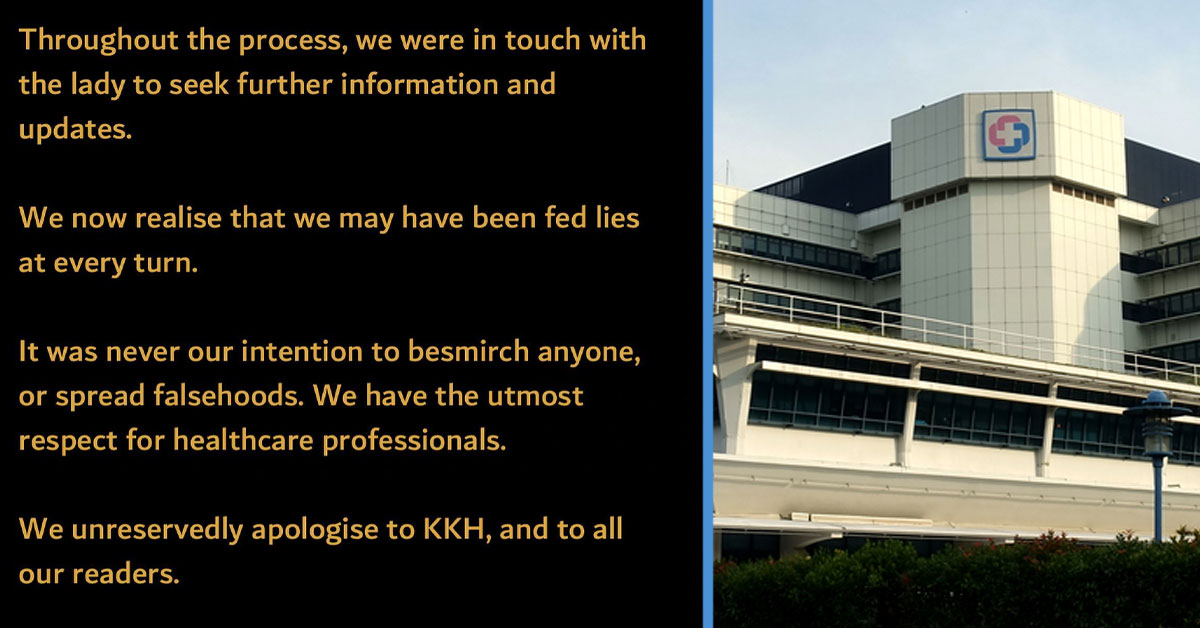Students, rejoice.
Just today (7 March), Minister for Education Chan Chun Sing confirmed that all mid-year examinations for primary and secondary school students will be abolished by 2023.
This comes after the removal of mid-year examinations for Primary 3 and 5, as well as Secondary 1 and 3 students over the past few years.
Mr Chan affirmed the Ministry’s decision, explaining, “We saw the positive impact. Schools and teachers can better pace and deepen students’ learning.”
Okay, now, is there any way I can go back to secondary school?
He also acknowledged the shift in the ways that schools gauge how much students have learned.
“They use ongoing assessments to identify what students have mastered and the areas they have difficulties with. Students also focus more on their learning and less on marks,” he said.
In addition to that, Mr Chan also highlighted the fact that the removal of mid-year examinations for all primary and secondary levels gives students a larger amount of time for them to engage in “self-directed learning and developing 21st-century competencies”.
Autonomy for Schools to Decide When to Remove Examinations
In a separate factsheet, the Ministry of Education (MOE) mentioned that primary and secondary schools have the choice to remove the remaining mid-year examinations for some or all of the remaining levels in 2022 as long as they are “ready to do so”.
It was also stated on the factsheet that more than one-third of secondary schools and around one in 14 primary schools have already removed mid-year examinations for their Secondary 2 and Primary 4 students respectively.
Other assessments such as weighted assessments will still be carried out in schools every term.
According to Mr Chan, MOE is also “reviewing curriculum content and assessment demand” to better suit students in today’s society.
“Any one standard curriculum will necessarily not be able to meet the diverse learning needs of our students,” he emphasised.
“Any average curriculum will necessarily mean that many students will be overstretched while others are under-stretched. Hence, we must have a range of options to cater to our students’ diverse abilities and learning needs.”
Expansion of JC DSA
Another issue that Mr Chan touched on was the fact that MOE will be expanding the Direct School Admission (DSA) programme for all government and government-aided junior colleges.
The Junior Colleges affected by the scheme are:
- Anderson Serangoon Junior College
- Anglo-Chinese Junior College
- Catholic Junior College
- Eunoia Junior College
- Jurong Pioneer Junior College
- National Junior College
- Nanyang Junior College
- St. Andrew’s Junior College
- Tampines Meridian Junior College
- Temasek Junior College
- Victoria Junior College
- Yishun Innova Junior College
Currently, junior colleges can admit 10% of their non-Integrated Programme intake through DSA. However, from 2022 onwards, this figure will be doubled to 20%.
With regards to this scheme, Mr Chan said that it “recognises other forms of merit beyond academic grades”.
Third Language Programme
Additionally, MOE will be rolling out a Modular Third Language Programme pilot programme in secondary schools.
This will allow more secondary school students to be exposed to new languages and cultures.
He also explained that this scheme will allow students to learn a third language at different levels, build on their proficiency, and stack modules towards a certificate.
Based on MOE’s factsheet, at the beginning of every school semester, secondary school students will be able to attend a “learning module”. Throughout their secondary school years, they will then be able to “deepen their mastery” of the language.
MOE will be using the pilot programme to test how feasible this scheme is, as well as how interested students are in it.
Apart from the pilot programme, MOE has also decided that Raffles Institution (RI) will act as the fourth centre for the Elective Programme in Malay Language for Secondary Schools (EMAS) from 2023 onwards.
Currently, the EMAS centres in Singapore are Bukit Panjang Government High School, Tanjong Katong Secondary School and Anderson Secondary School.
The EMAS programme, which is targeted at students who are proficient in Malay, is in charge of organising various language and cultural activities such as local camps and immersion programmes.
The appointment of RI as the fourth EMAS centre will mean that a larger number of students will be able to participate in EMAS activities. According to Mr Chan, students who are not studying in RI will also be able to attend the EMAS programme at RI.
Join our Telegram channel for more entertaining and informative articles at https://t.me/goodyfeedsg or download the Goody Feed app here: https://goodyfeed.com/app/
Overseas Partnership and Exchange Programmes
Last but not least, Mr Chan also mentioned that MOE would like every school to have an overseas partnership.
As of now, around two in three schools in Singapore have “established partnerships with overseas counterparts”.
Mr Chan accentuated the importance of our students being exposed to activities by overseas counterparts, explaining that it “facilitates more student exchanges, so that students broaden their horizons and learn about different cultures”.
This is also in spite of the COVID-19 pandemic, which has restricted the interactions between parties of different countries.
“While the exchanges have been virtual for now because of COVID, technology allows our students and their overseas peers to still learn, play and celebrate special occasions together,” he concluded.
Mr Chan also noted that institutes of higher learning will still carry on with trying to hit the goal of having 70% of students undergo an overseas experience. Out of the students who get to undergo an overseas experience, 70% of them will get to do so in ASEAN countries, China and India.
Read Also:
- Prepare for Even Higher Petrol Price As US & Europe Decide on a Russian Oil Import Ban
- Thai Lady Shows Healthy IG-Worthy Food That Help Her Lose Weight
- Ukraine Claims Russia Has Attacked Schools & Hospitals While Russia Denies Doing So
- Police Confirms Viral Footage of Bloody Severed Leg is Real & It Happened in Queenstown
- What’s an Ombudsman & Why Shanmugam Thinks It Doesn’t Make Sense
Featured Image: Facebook (Chan Chun Sing)



